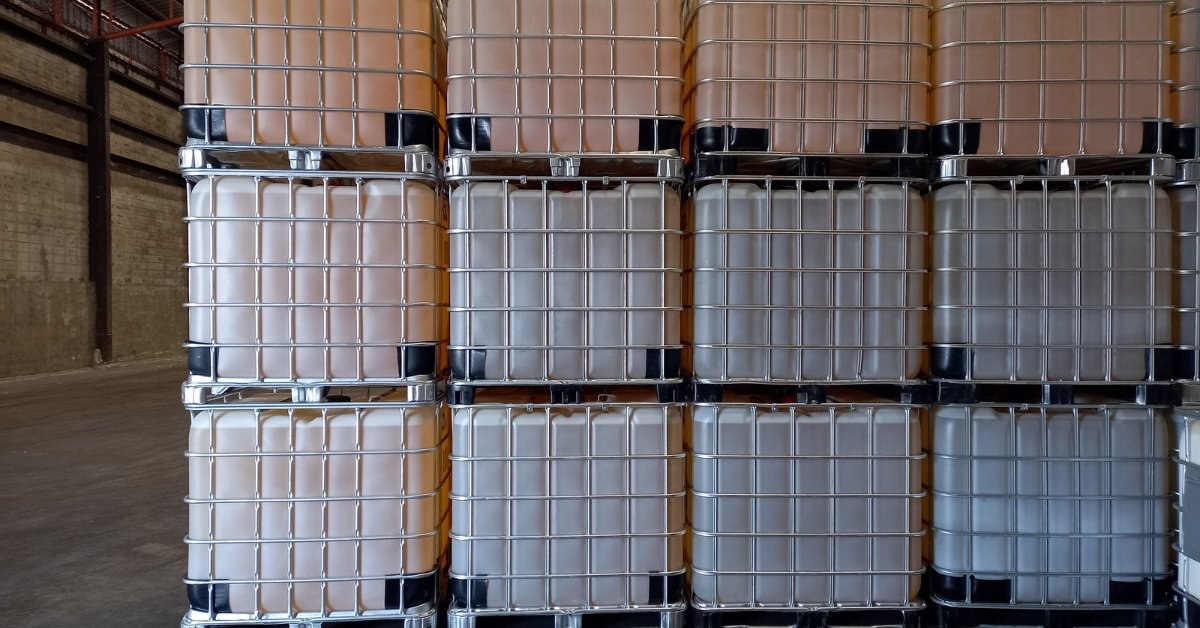Table Of Contents
What is the PLI Scheme for Pharmaceuticals?
The Production Linked Incentive (PLI) Scheme for Pharmaceuticals is an initiative by the Ministry of Chemicals and Fertilizers aimed at promoting domestic manufacturing of critical Key Starting Materials (KSMs), Drug Intermediates, and Active Pharmaceutical Ingredients (APIs).
The scheme reduces import dependency, enhances supply chain resilience, and strengthens India’s pharmaceutical sector.
What milestones have been achieved under the PLI Scheme?
On Friday, the Ministry announced the completion of 32 projects under the PLI Scheme, with a cumulative installed capacity of 56,679 metric tons (MT) per annum.
These projects mark a significant milestone in bolstering India’s pharmaceutical supply chain and reducing reliance on imported raw materials.
What is the financial outlay and investment status of the PLI Scheme?
The PLI Scheme, which has a financial outlay of ₹6,940 crores, was approved by the Cabinet to support domestic bulk drug production.
Initially, the scheme targeted an investment of ₹3,938 crores, but investments have already surpassed this goal, reaching ₹4,024 crores. This reflects strong industry confidence and commitment to enhancing India’s pharmaceutical manufacturing capabilities.
How many projects were approved and implemented under the PLI Scheme?
Of 249 applications submitted for the PLI Scheme, 48 projects were approved for manufacturing identified bulk drugs.
Ten micro, small, and medium enterprises (MSMEs) are implementing 13 projects.
The completion of 32 projects marks significant progress. The remaining 16 projects are still under development and receiving support for regulatory approvals.
What role do state governments play in the PLI Scheme?
State governments are crucial in expediting the necessary regulatory approvals, such as environmental clearances and drug manufacturing licenses, to ensure the timely completion of the projects.
Their involvement is essential in facilitating the scheme’s smooth implementation and supporting the growth of the pharmaceutical sector.
How does the PLI Scheme align with the Atmanirbhar Bharat initiative?
The PLI Scheme for Pharmaceuticals is a critical component of the Atmanirbhar Bharat initiative, which aims to make India self-reliant in vital sectors.
By providing financial incentives and regulatory support, the scheme encourages domestic manufacturing and innovation, contributing to India’s goal of becoming a global pharmaceutical hub and ensuring the availability of essential drugs for domestic consumption.
What is the future outlook for the PLI Scheme and India’s pharmaceutical sector?
The successful completion of these projects is expected to significantly contribute to India’s ambition of becoming a global leader in pharmaceutical manufacturing.
With ongoing support and investment, the PLI Scheme will continue to play a vital role in strengthening India’s pharmaceutical supply chain and reducing dependency on imports, thereby enhancing the country’s self-reliance in this critical sector.





